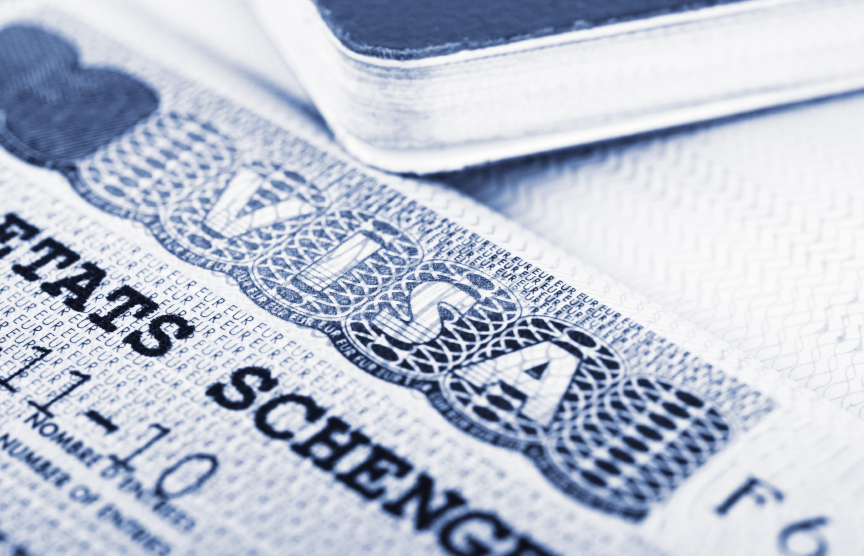
The new policy memo concerning the L-1B visa category represents welcome changes. Yet the true challenge lies in the actual implementation processes. The category’s guidance is open for comment through May and it will go into effect toward the end of August, 2015.
Those who do not fully comprehend the L-1B specialized knowledge visa might not understand just how valuable of a tool it really is. This visa is used by multinational corporations to transfer talented and knowledgeable employees with specialized knowledge between company branches. Such employees work overseas and are temporarily transferred to management and executive positions in the United States. Unfortunately, the adjudication of of L-1B specialized knowledge visas has not been very efficient over the past years. The result has been quite detrimental to American businesses. In turn, the United States’ economy has suffered and many jobs have been lost.
The memo’s language and tone represent a step in the right direction. Its language expands on the principles set forth in previous memos in an attempt to be more consistent and apply changes that will benefit businesses as well as our economy. The hope is that the L-1B adjudication system will become more clear, simple and seamless. The memo’s guidance will alter how the United States Citizenship and Immigration Services (USCIS) staff is trained and change the manner in which applications are evaluated. In a nutshell, the memo’s language represents the application of common sense to the L-1B visa requirements and procurement process.
The newly provided guidance represents an important step toward a meaningful administrative reform of the United States’ immigration laws. It will help highly skilled employees enter the country and perform vital work in a more efficient manner. The memo’s aim is to help businesses accomplish their objectives in a more timely and comprehensive manner. These changes are a stark contrast compared to the uncertainties faced in the past.
L-1B visa denial rates have increased throughout the 2000s even though no new regulations were implemented to modify the requirements for approval. The L-1B petition denials hit an all-time high in 2014 at a remarkable 35 percent. Back in 2006, the denial rate stood at a mere 6 percent. Private industry has viewed this trend as incredibly troubling considering the fact that the United States Congress changed the law to broaden the L-1 category’s scope in 1990.
The guidance provided in the recently released memo will soon be translated into action during the implementation process. If you have any questions or concerns regarding the L-1B visa application and approval process, you should not hesitate to speak with an immigration lawyer at David Hirson & Partners, LLP. We have over 30 years of immigration law experience. Do not hesitate to give us a call at 949.383.5358 or e-mail us at [email protected].

